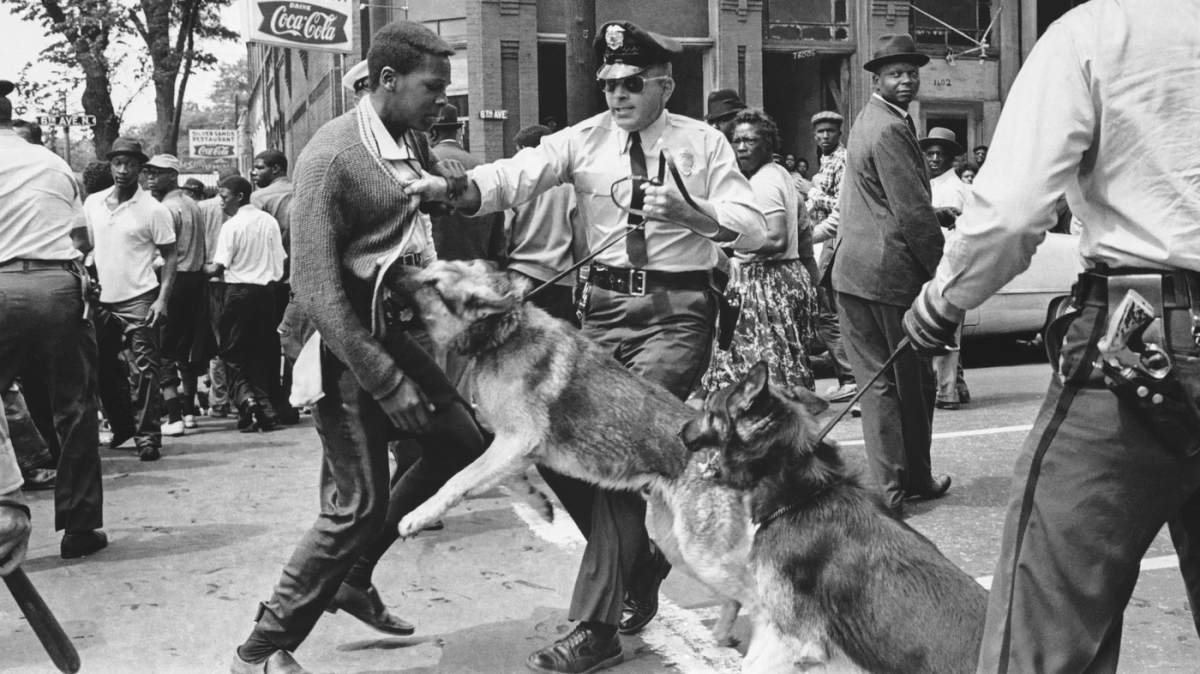Representative Government in 2020

American government is a mess. Two things, in particular, have held my attention in the past several months: the impeachment proceedings and the Democratic presidential nomination. Just after noticing how irritated I was at the details, I shifted to seeing things in the context of patterns. One pattern leapt off the page: they might not be using dogs or hoses any more but these sure feel like the modern tools of voter suppression.
Try this:
First, the impeachment proceedings are aired on live TV and the entire country turns to watch. Even if we only dabble in the NYT video clips, viewers still see the same thing: straight white men of a certain age in positions of power. They sit at high wooden desks, they bang gavels, they speak an odd form of English to convey information to each other, and they tightly control the clock. While we may be listening to the substance, I don’t think we can avoid absorbing a subliminal message: power belongs to the demographic we see on the screen. We’ll hold that as archetype when we enter the voting booth this year and it is designed to make us less likely to see women, people of color, people with disabilities, younger people, people of different ethnicities or religions, etc. as viable candidates for office. It might not inhibit people from going to the polls, but it will limit their choices when they arrive. Round 1 to voter suppression.
Meanwhile, a dizzying array of candidates have stepped forth for the Democratic nomination. When I ask friends and acquaintances who they prefer I get a stark answer: I don’t care. Just pick one. Alas. what is likely to unfold is a phenomenon the democratic party cannot seem to shake: their candidates won’t act as a team. When the primary is over, it is in the Party’s best interest for each of the losing candidates to immediately signal to their following that getting behind the winner is a matter of urgency. Instead they will be silent or follow Mr. Sander’s lead and delay endorsement. That will have the impact of voter apathy and cause followers of losing candidates to be less likely to come out to the polls in the general election. Taking action to reduce the likelihood that people come out to vote is, by definition, voter suppression. So goes round 2.
Voter suppression has been at the core of our electoral politics since the origins of our country. It is a handy and effective tool that retains power for the few at the cost of the many. Voter supression in this modern form worries me far more than the (increasingly likely) possibility of another 4 years of Trump in the White House.
Informed voter turnout deserves our vigilant attention and any effort to suppress that should be seen as a threat to the Republic. Barring that, we’re likely to continue to have a government that represents a fraction of the country because the rest of us swallowed what we are being spoon fed.
Round 3 awaits.
Related Posts
On Black Lives Matter
April 2016 A friend (white, educated, kind and fabulous) came for dinner last night. She…
03 January 2020Southern Comfort
April 9, 2016 Over the recent past a splash of anti-gay backlash has erupted…
03 January 2020
Leave A Comment